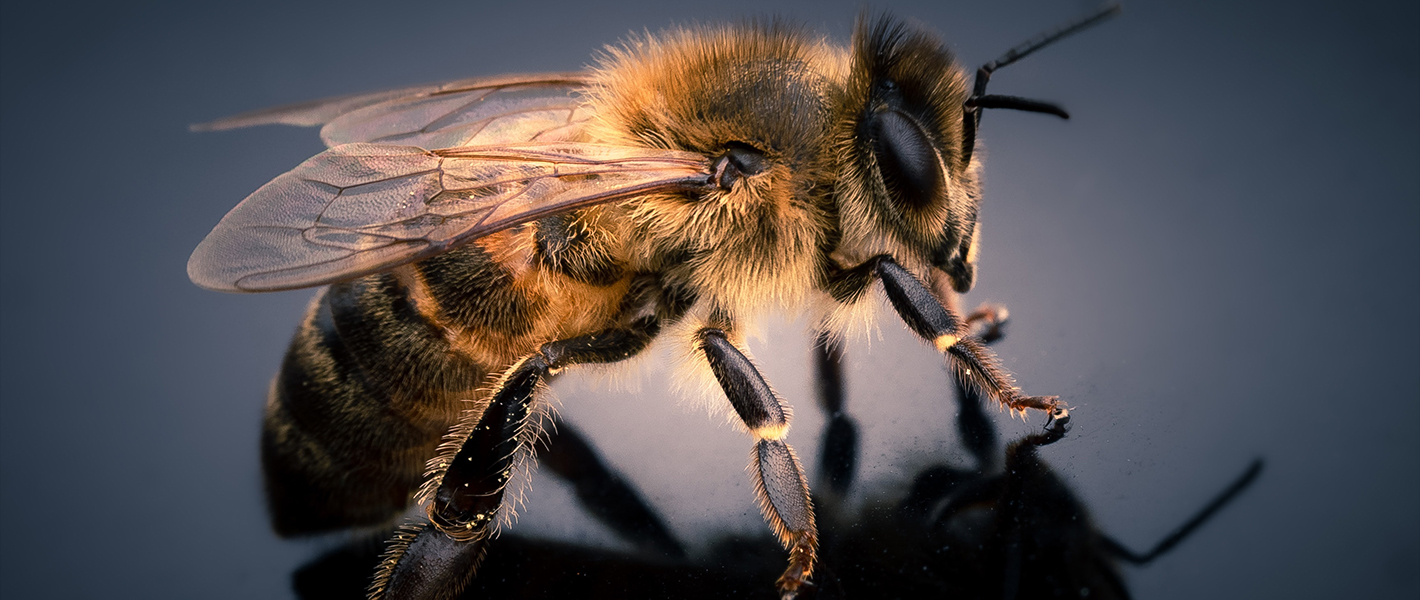Collaboration brings new opportunities for Honey Producers
in Certification and Auditing
Author: Byron Taylor
6598
Aotearoa’s vibrant apiculture industry produces over 20,000 tonnes of honey annually - destined for the pantries of Kiwi’s and highly sought after by discerning consumers around the globe. New Zealand honey has a reputation for being natural, pure, and produced according to stringent safety standards. Beekeepers work very hard to protect this reputation through their dedication to Good Operating Practice (GOP) and Risk Management Programmes (RMP’s) that meet the requirements of the Animal Products Act 1999.
It’s great to announce the introduction of new advanced verification training which supports a transition for operators to move to one audit per year (Step 7), without compromising the standards which protect our industry’s reputation for superior honey. The industry asked for this and Apiculture NZ, MPI, and AsureQuality have all worked together over recent months to achieve this very positive outcome for the honey industry.
“We are thrilled that this work has led to a verification programme that ensures high levels of quality assurance to facilitate market access and safeguard official assurances, but one that also delivers efficiencies and cost savings in the audit process” says Karin Kos, Chief Executive ApiNZ.
Having an Industry Body, a Government Regulator, and a Recognised Agency, all collaborating to achieve a such a great outcome for the industry demonstrates their joint commitment to support Aotearoa’s honey producers and is something to celebrate.
“This demonstrates the value of industry, government, and training providers working together to deliver workable and relevant training for industry and ApiNZ thanks AsureQuality and MPI for their commitment and support in making this happen” says Karin.
Nathan Limmer, Senior Adviser - Export Assurance at the Ministry for Primary Industries says: “MPI officials enjoyed working collaboratively with Apiculture NZ and AsureQuality to support industry operators with their obligations under the bee product risk management programme framework. We hope the training and guidance will help operators make meaningful improvements to their RMPs, which may help reduce the cost of verification. The training is the culmination of a joint MPI-industry working group since early 2020, and we’re pleased it will be offered to operators shortly.”
Currently, bee product RMP verification frequency is governed by the Animal Products Notice: Export Verification Requirements which, until recently, set the ceiling verification frequency at six-monthly (Step 6). In December 2020, the notice was amended to allow bee products RMP operators who meet certain conditions to progress to an annual verification frequency (Step 7).
Under the new Step 7, operators can transition to annual verifications if they can demonstrate that they meet certain criteria which include:
- Effective and timely assessment of the processes and procedures covered by the RMP against the RMP documented systems.
- Regular and effective review of the RMP documented system against the Notices and Standards to which compliance is required.
- Regular and effective review of the RMP documented system against Overseas Market Access Requirements (OMARs) for the export markets for which product eligibility is declared.
- Effective identification, documentation, and management of issues identified in assessments and reviews (corrective actions, preventative actions, etc).
- A commitment to providing ongoing professional training for all staff. Training is an integral aspect as this is how staff can keep abreast of changing requirements. These five training courses are designed to support bee product businesses operating under a RMP to reach Step 7:
- Honey Food Safety & RMP Awareness
- Introductory HACCP
- Develop and Maintain a QMS
- Advanced Auditing Skills
- Animal Product ECERT
- Systems in place are sufficient to effectively replace the Limited Scope (Off-season Audit).
“Ultimately this new option will challenge operators to strengthen their operator verification process and their training and upskilling programmes with the reward of being able to operate with less regulatory oversight” says Byron Taylor, Technical Manager at AsureQuality. “Operators who complete the training and meet the criteria will gain confidence to manage their RMP successfully with a greater level of autonomy and continue to deliver a high level of quality across their operations.”
This high standard will have the flow-on effect of minimising the risk and expense of potential product recalls and damage to their own brand along with helping to protect the reputation of NZ Inc. within the global market.
View training options(external link)
View training options for Apiculture NZ members (external link)
